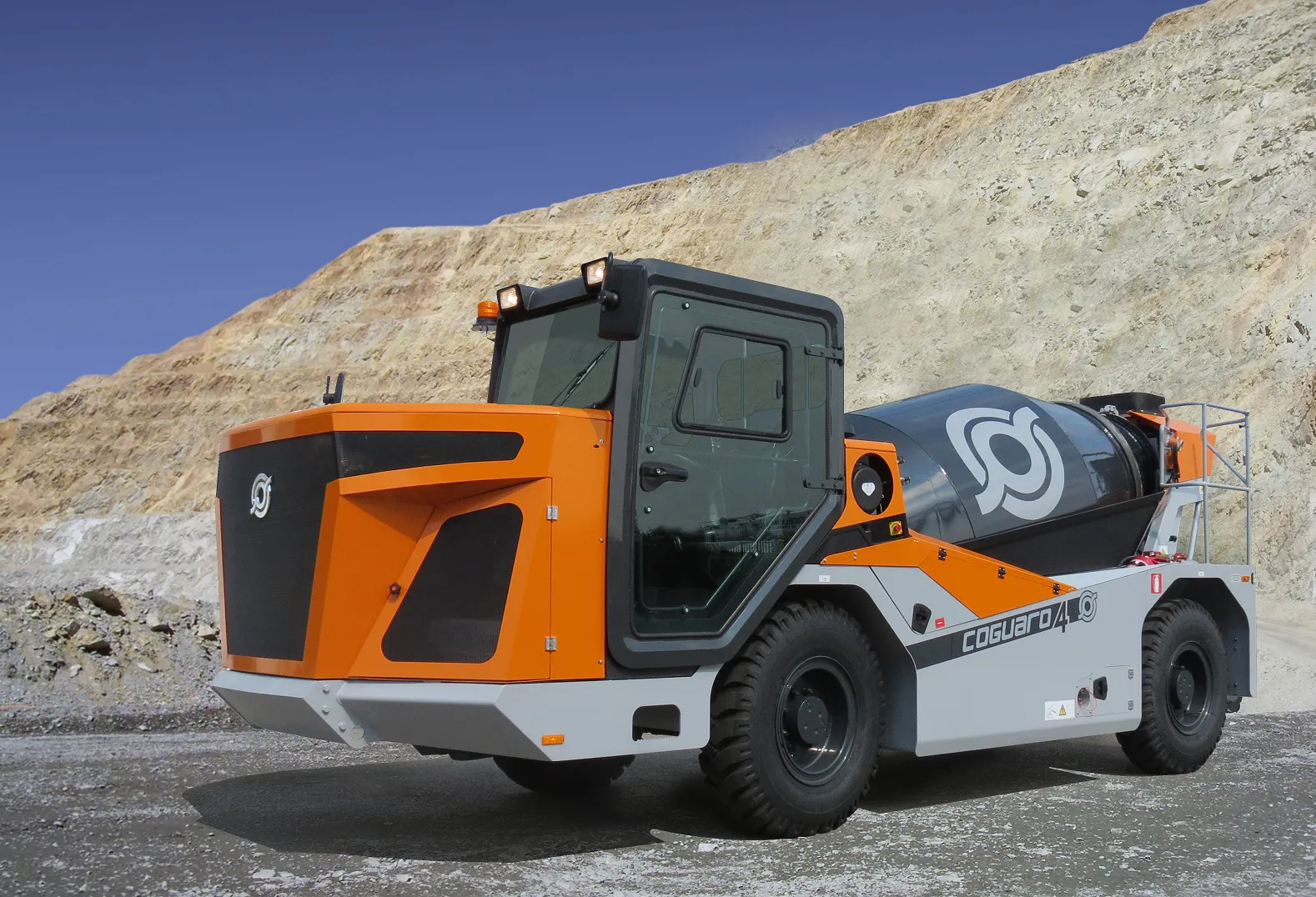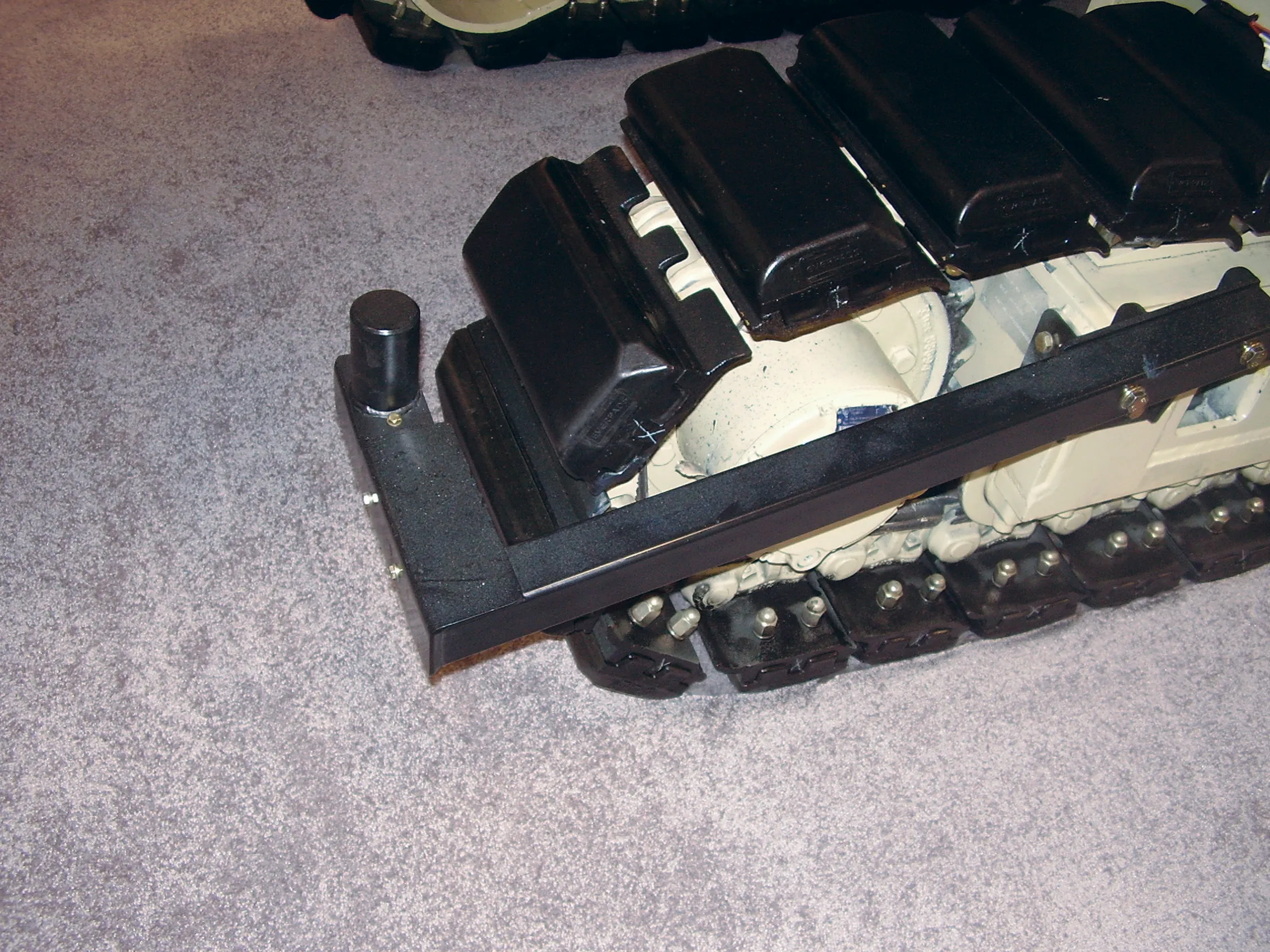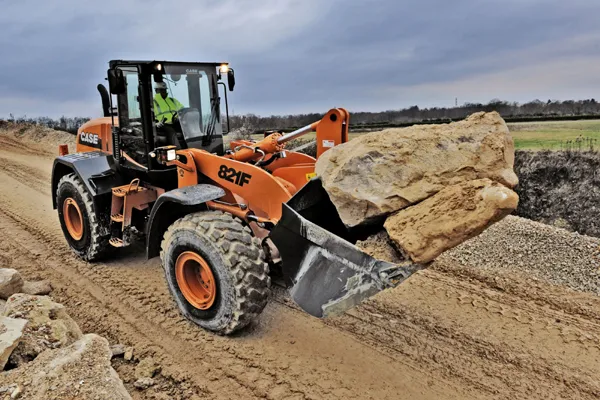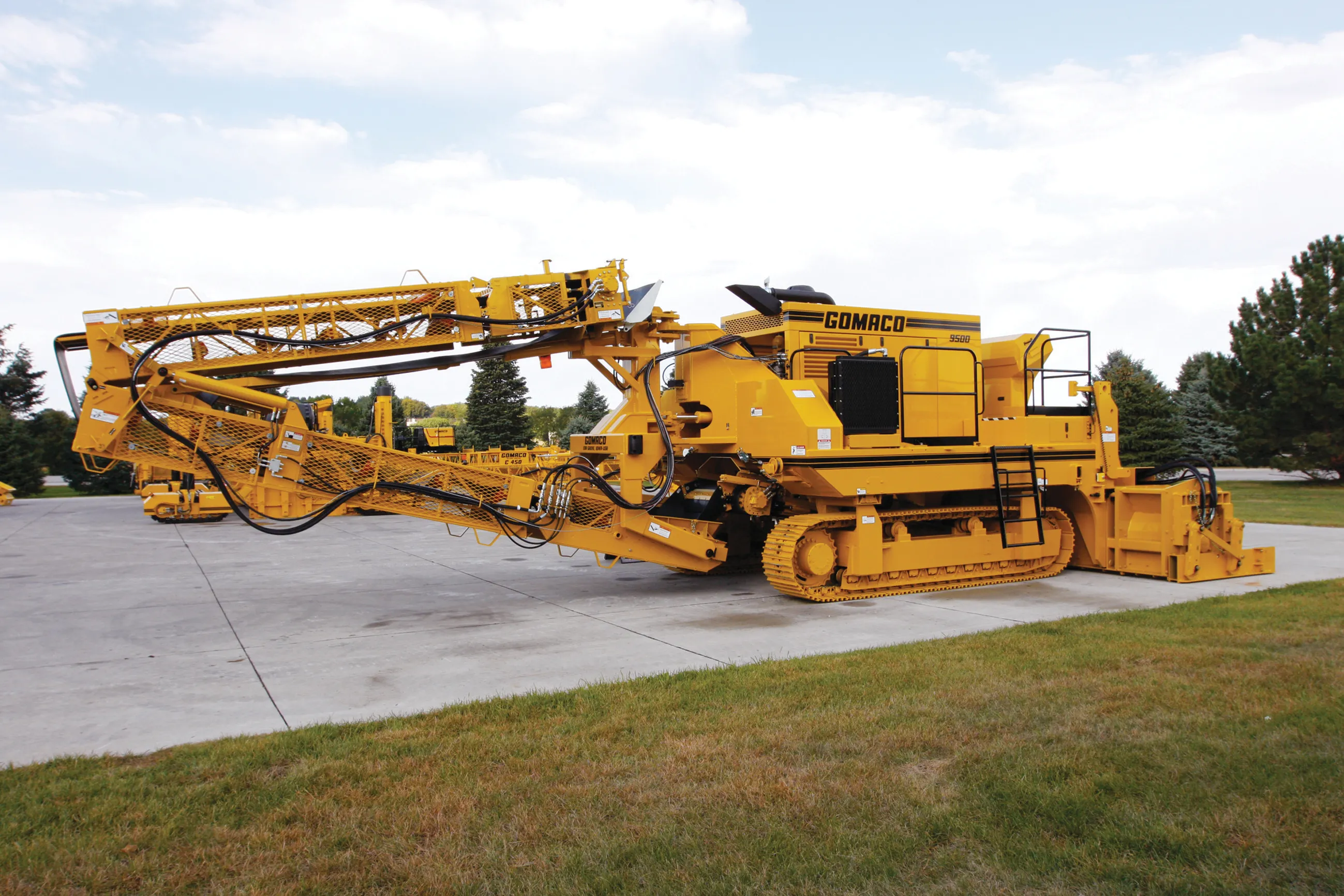CIFA recently introduced a series of new tunnelling machines, with a keynote launch being for the Coguaro4. Designed to be both compact and productive, the Coguaro4 is 2.5m tall and its drum has a maximum capacity of 4m3. Versatile and manoeuvrable, the machine features an innovative electrically operated hydraulic transmission, a hydraulic pump and two hydraulic motors mounted directly on the axles. This configuration is said to ensure maximum drive, reliability and minimum fuel consumption. Four driving a
December 1, 2014
Read time: 2 mins

This configuration is said to ensure maximum drive, reliability and minimum fuel consumption. Four driving and steering wheels and a rugged chassis provide durability. The machine is sophisticated and has advanced features like the drum rotation check and safety systems that block the drum when maintenance work is being carried out. All the machine functions are closely monitored by the control speed drive (CSD), while a ROPS-FOPS cabin with good visibility provides operator protection. In addition, the machine has electronic sensors for obstacle detection and an infrared rearview camera for manoeuvring in tunnels. Power comes from a Perkins diesel with added safety available from an optional fire suppression system if required.
The company also offers three recently revised Spritz Systems. The CSS-3 has the firm's three section boom, including a telescopic element, while the range also includes the latest CSS-3 EVO and the CST 8.20, designed for use in small tunnels.









